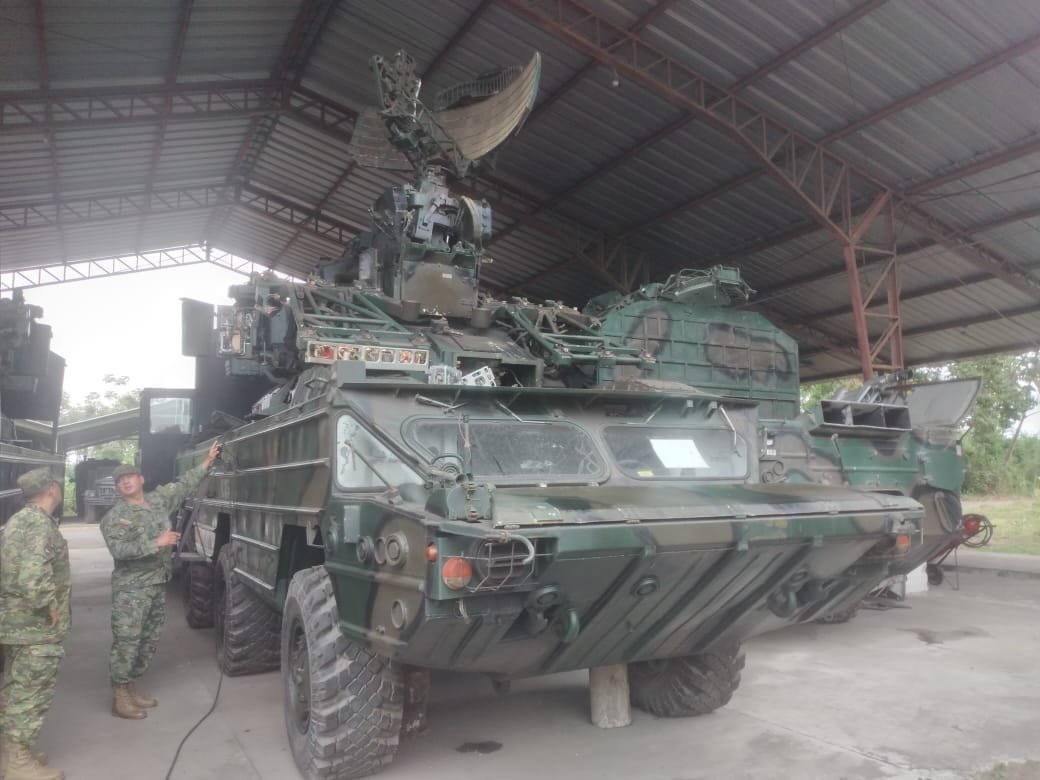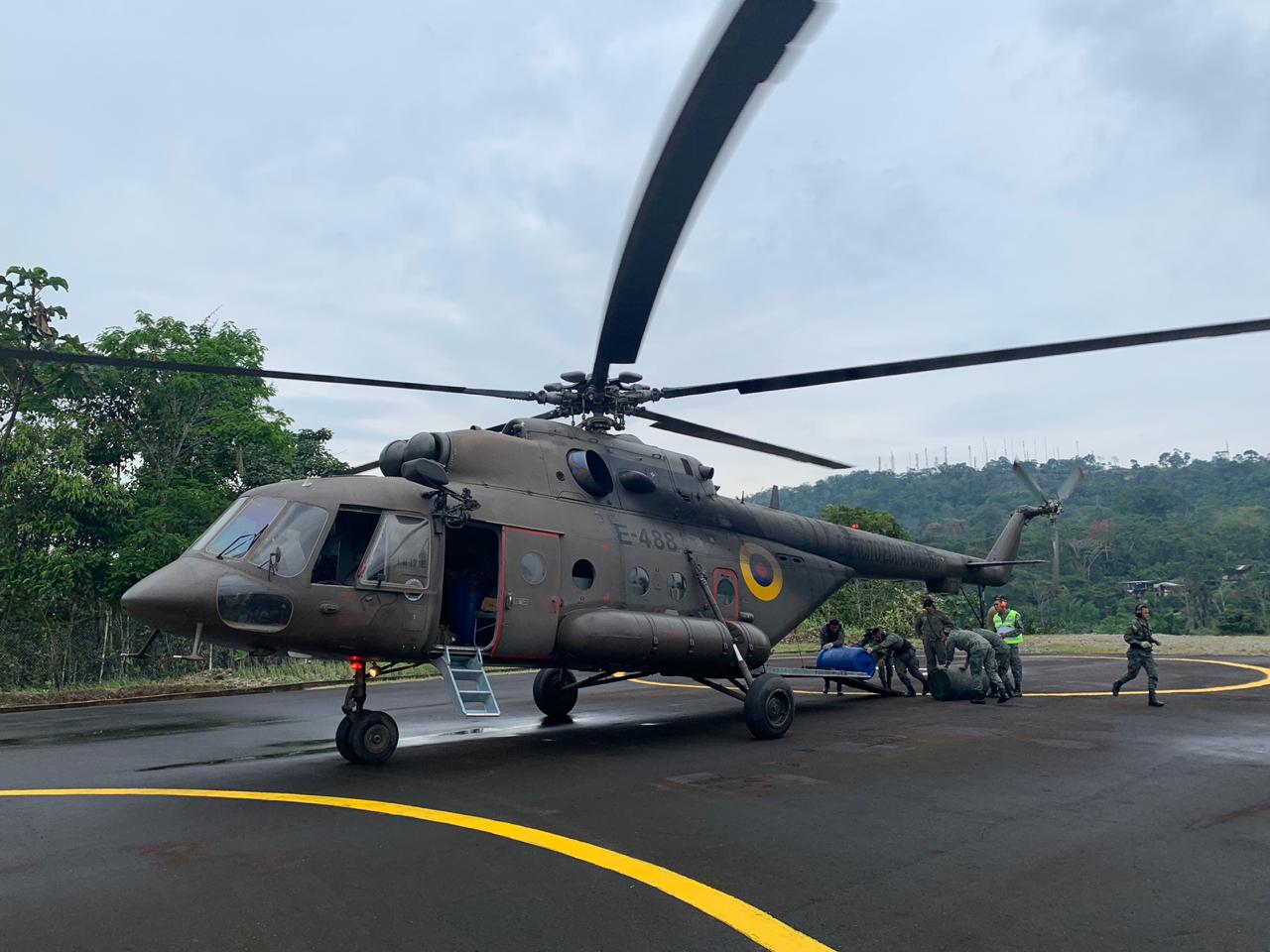Ecuador will not hand over Russian military equipment to the U.S. in exchange for Moscow’s continued import of its bananas
Ecuadorian President Daniel Noboa had announced in January that his government would deliver Russian military equipment to the U.S., which would then be transferred to Ukraine. But Russian commercial diplomacy seems to have forced the cancellation of this plan.
According to President Noboa, he would exchange with the United States «Ukrainian and Russian junk for 200 million dollars in modern equipment». Ecuadorian media reported, citing government sources, that the material to be delivered to the United States included 12 DM-21 and RM-70 rocket launcher systems, 34 ZU-23-2 23 mm anti-aircraft guns, and possibly six military transport helicopters model Mi-171, which would not be in flying condition since 2021 and the war in Ukraine made their recovery impossible.
To the noted Russian military equipment, Ecuador could also supply Ukraine (through the U.S.) with SA-7/SA-16/SA-18 shoulder-fired anti-aircraft missiles and SA-8 mobile air defense systems. There are also two other Mi-171Es acquired in 2011, but as they are in operational status, their transfer was more unlikely.

The Russian diplomatic response was swift. Russian Foreign Ministry spokeswoman Maria Zakharova pointed out that the decision to hand over this military equipment is hasty and induced by strong external pressures.
«Our [Ecuadorian] partners are perfectly aware of the contractual clauses, including the obligation to use the supplied goods for the declared purposes and not to transfer them to third parties without the consent of the Russian side,» Zakharova added, pointing out the illegality of such action.
The Federal Service for Military-Technical Cooperation (FSMTC) of Russia argues that Quito could have incurred in a violation of Article 4 of the Agreement between the Government of the Russian Federation and the Government of the Republic of Ecuador on military-technical cooperation, signed on November 27, 2008, which in its third paragraph states:
«Each Party does not sell or transfer military products, as well as information that was received and (or) acquired during the implementation of this Agreement, to international organizations, third states, legal entities and individuals, without the prior written consent of the providing Party».
The geopolitics of bananas
But beyond threats and legal issues, Moscow decided to exert a more practical form of pressure by suspending the import licenses of five companies (followed by 13 others) that market Ecuadorian bananas, under the pretext that the presence of the humpback fly had been detected in recent shipments of the product.
It turns out that the Russian market represents about 23% of Ecuador’s banana exports, generating some US$757 million a year for the South American country. In essence, it was a trade embargo, and its effects were immediate.
Moscow and Quito held high-level talks, the result of which was that the Russian Government lifted the veto on the import of Ecuadorian bananas, in exchange for President Noboa’s commitment to cancel his plans to re-export Russian military equipment.

Vladimir Sprinchan, ambassador of the Russian Federation in Ecuador, after holding a meeting with the Ecuadorian president, assured that «the Ecuadorian side confirmed that the country, given its neutral status and its permanent membership in the UN, cannot allow itself to be dragged into a conflict by any of the parties involved». «Ecuador’s position is not to send arms and ammunition to conflict zones and to contribute to the resolution of disputes in a peaceful manner, through diplomatic measures,» he added.
Although the Ecuadorian government has not yet made an official statement on these issues, Russian diplomatic sources consider the diplomatic conflict as concluded.

/https://aviacionlinecdn.eleco.com.ar/media/2024/02/Mi-171-Ejercito-de-Ecuador.jpg)
Para comentar, debés estar registradoPor favor, iniciá sesión